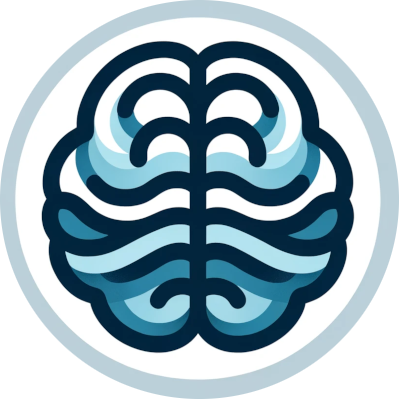I joined RIIPL since January 2023. My work focuses on developing artificial intelligence (AI) algorithms for 1) medical image generation and 2) AI-assisted disease diagnosis.
AI especially deep learning (DL) has achieved great success in recent years, ranging from computer vision to natural language processing. The emerging of generative AI models like ChatGPT and Sora, with the ability of recognizing and generating contents, has demonstrated huge potentials to impact human lives in future. In terms of medical imaging, DL has been extensively used in multiple applications such as medical imaging quality improvement, disease diagnosis, and treatment planning. As of October 19, 2023, Food and Drug administration (FDA) has approved nearly 700 AI-enabled devices and projected an over 30% increment in 2023.
AI-based medical image generation will not only result in higher quality medical images, but also contribute to lower medical imaging scan costs. My previous work on MRI super-resolution significantly improves image quality by showing more clear tissue boundaries and texture details comparing with fast MRI scan with poor image quality. For cardiac MRI, my proposed neural network with convolutional long short-term memory greatly improves both spatial and temporal image quality by removing motion artifacts and predicting intermediate time point images. In terms of lowering medical imaging costs, I am working on reducing the amount of contrast medical in contrast-enhanced MRI and CT scans. Also, using generative AI for medical image synthesis is one of my research interests, which will contribute to avoiding excessive exposure to radiation, patients not suitable for MRI scans, and accelerated disease diagnosis.
Brain metastasis is a kind of tumor transferred to brain from other parts of the body. Traditionally, biopsy is required to determine the origin organ of a brain metastatic tumor. Using my proposed method, AI can identify the original site of brain metastasis only using brain MRI scans, which will assist in the early diagnosis of brain metastatic disease. Now I am working on a project to predict the post-operative response of non-small cell lung cancer patients going through immune checkpoint inhibitor treatment.

